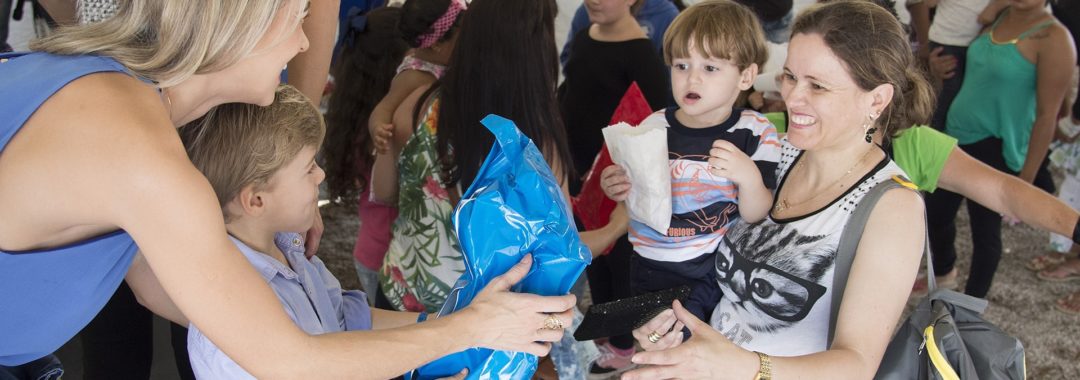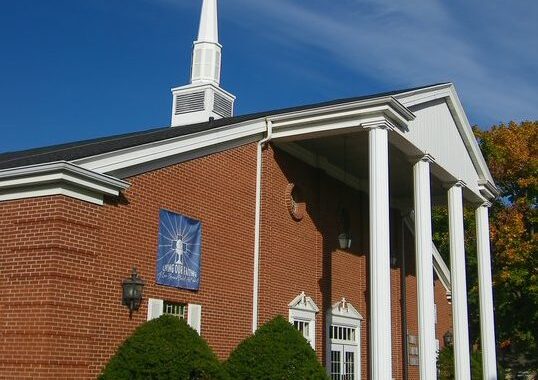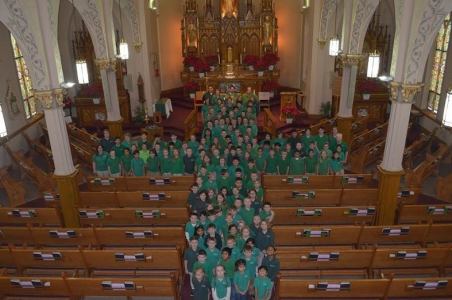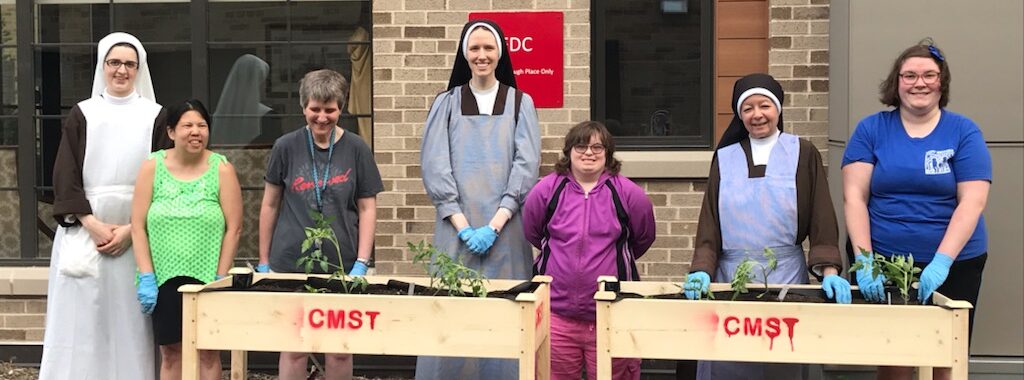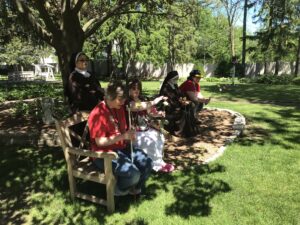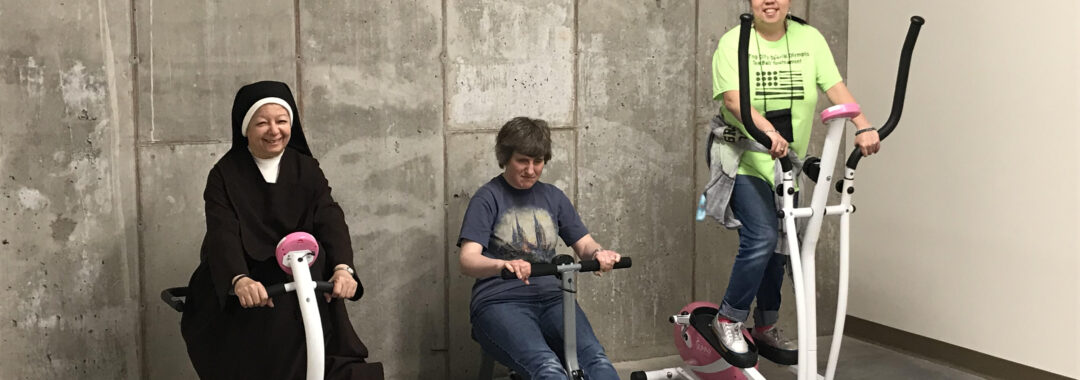NOTICE OF FUNDING OPPORTUNITY – ACADEMIC SUPPORT & TECHNOLOGY
This is notification of a new federal funding opportunity designed to improve academic achievement through supplemental investment in academic support services and technology. Priority applicants include those serving low-income, at-risk or other non-traditional or under-performing student groups.
Allowable activities include: Computer Equipment Purchases, Teacher Professional Development & Staff Certification, Capital Expenses, Tutoring & Mentoring Programs, Funding for Student Clubs, STEAM activities, Parental Outreach & Software.
Priority is for middle and high school students. May not be used to pay for core day-time instruction. This notice applies to private, public and charter schools located in Wisconsin, Nebraska and Kansas. Please call or contact us today to discuss assistance with your application. Tel: 262-723-1074, Email: jeffrey@symphonyadvancement.com.
Eligible Applicants: Catholic Schools, Public Schools, School Districts, Charter Schools, Private or Religious Schools and Community Based Organizations with a 501c3 Tax Exempt Status.
Award: Up to $1,000,000 per awardee
Purpose: Increase parental engagement, improve student academic achievement, graduation and reduce absenteeism.
Target: Youth (Grades 5 to 12), Priority Low-Income, At-Risk & Non-Traditional Youth
Deadline: October 1, 2023 (Funding will be available July 1, 2024)
Use of Funds: Allowable expenses include:
- Computer Equipment Purchases
- Professional Development/Training
- STEAM Activities
- Service Learning Projects
- Parent Workshops, Education & Outreach
- College & Post Secondary School Tours
- Field Trips
- Interships
- Music, Theatre & Performing Arts Programs
- Sports, Fitness & Athletic Programming
- Mentoring & Service Learning
- Equipment & Technology Purchases
- Maker’s Space/Equipment
- Robotics Club(s)
- Transportation
- Staff Salaries
Symphony Advancement is a Management Consulting firm. Our grant management practice provides assistance to non-profits, parishes and schools. Our firm has over twenty years experience developing and implementing grant funded programming for organizations around the country. Our client organizations have secured more than $70 million dollars in awards with an average per client awards of more than $1.5 million. Contact us today for a free, no fee consultation, or visit our website to read case studies from select client organizations.




